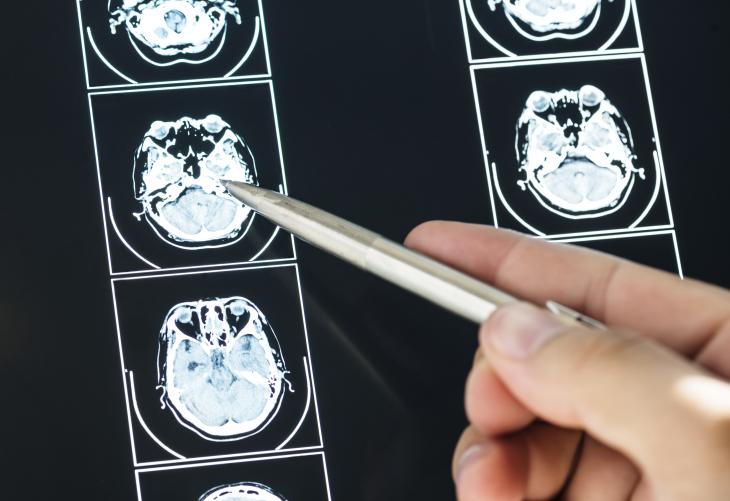29 Sep | 2023
Reactive astrogliosis contributes to the formation of Alzheimer’s toxic proteins and damage of brain cells in very early stages of the disease

A team from the research center of the Pasqual Maragall Foundation, the Barcelonaβeta Brain Research Center (BBRC), have discovered that reactive astrogliosis, a characteristic process of neurodegenerative diseases, impacts the clinical course of Alzheimer’s in people affected by the disease, especially in the early stages.
The analysis, performed on data from 384 volunteers from the Alfa+ study, with the support of ”la Caixa” Foundation, has been published in the journal Alzheimer’s and Dementia. The results indicate that astrocyte reactivity is associated with the build-up of plaques of beta amyloid and downstream neurodegenerative events in the earliest stages of the Alzheimer’s disease continuum.
Through statistical analysis, researchers have examined the relationship between biomarkers of Alzheimer’s disease and how these are influenced by astrocytes. In the video, postdoctoral researcher Wiesje Pelkmans, first author of the study, explains the main results.
Astrocytes are glial cells that perform various support functions for the proper functioning of neurons. The process known as reactive astrogliosis refers to changes in the morphology and function of astrocytes in response to pathological alterations in the brain, and it is one of the first mechanisms triggered in Alzheimer's, probably in response to the early accumulation of amyloid protein in the brain.
To carry out the study, 384 cognitively unimpaired participants were included from the Alfa+ cohort, within the Alfa Study, most of them with a family history of Alzheimer's. The results of the research could be key in the development of interventions targeting astrocyte dysfunction, which may ultimately prevent or delay the onset of Alzheimer's.
Bibliographic reference
Pelkmans, Wiesje; Shekari, Mahnaz; Brugulat-Serrat, Anna et al. ‘Astrocyte biomarkers GFAP and YKL-40 mediate early Alzheimer's disease progression’, Alzheimer's & Dementia, 10 September 2023. https://doi.org/10.1002/alz.13450









